What is a Three-Wheel Tricycles vehicles? Types and Uses Explaind
Three-wheel vehicles, with their unique stability and practicality, serve important roles in transport and logistics across various industries. Defined by their three-wheel design—two in the front or rear and one at the opposite end—these vehicles offer excellent balance, good load capacity, and ease of movement on narrow roads.
Below are common types of three-wheel vehicles and their typical applications:
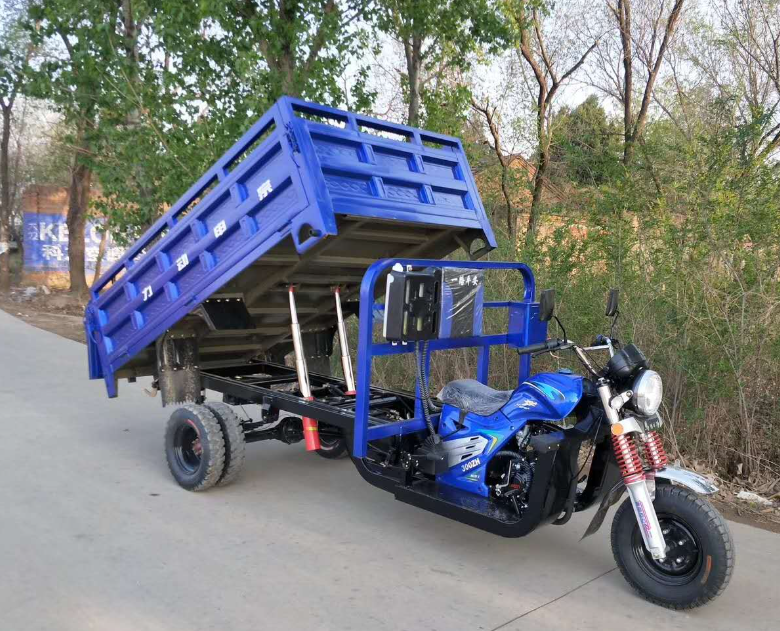

1. Cargo Tricycles
Also known as freight trikes, these are built to carry goods in urban and industrial settings. They provide more stability than two-wheel motorcycles and are often used for local deliveries, warehouse operations, and moving small loads in markets or logistics hubs.
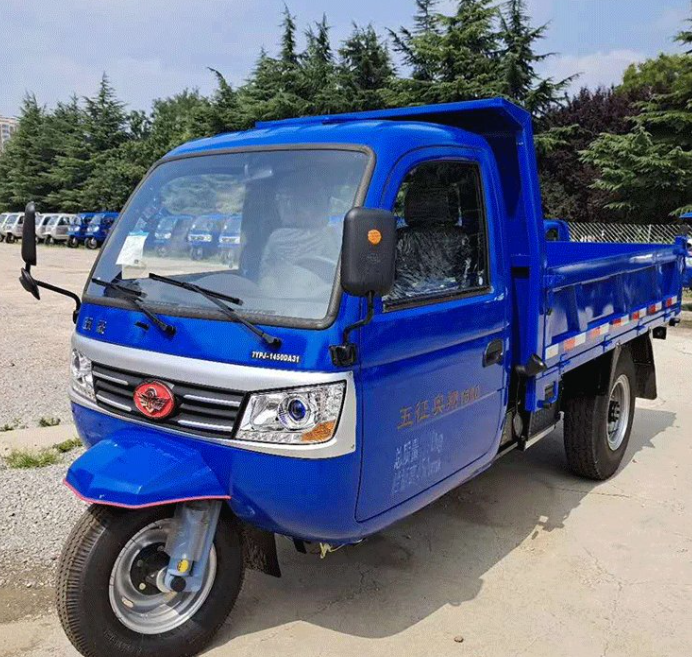
2. Agricultural Tricycles
Widely used in rural areas, these trikes help transport farm products, tools, and supplies. Their strong build and ability to handle rough paths make them suitable for farm work and light agricultural logistics.
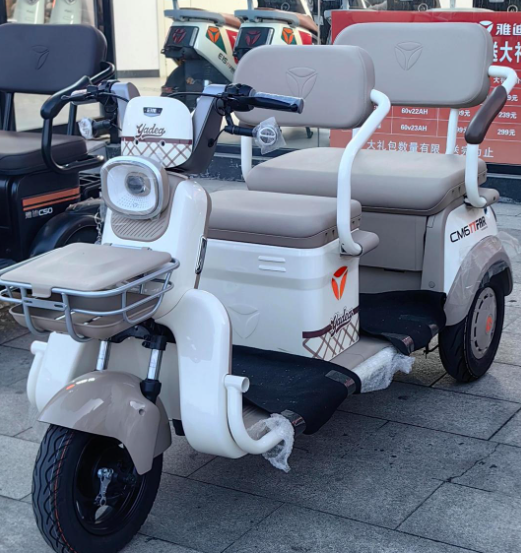
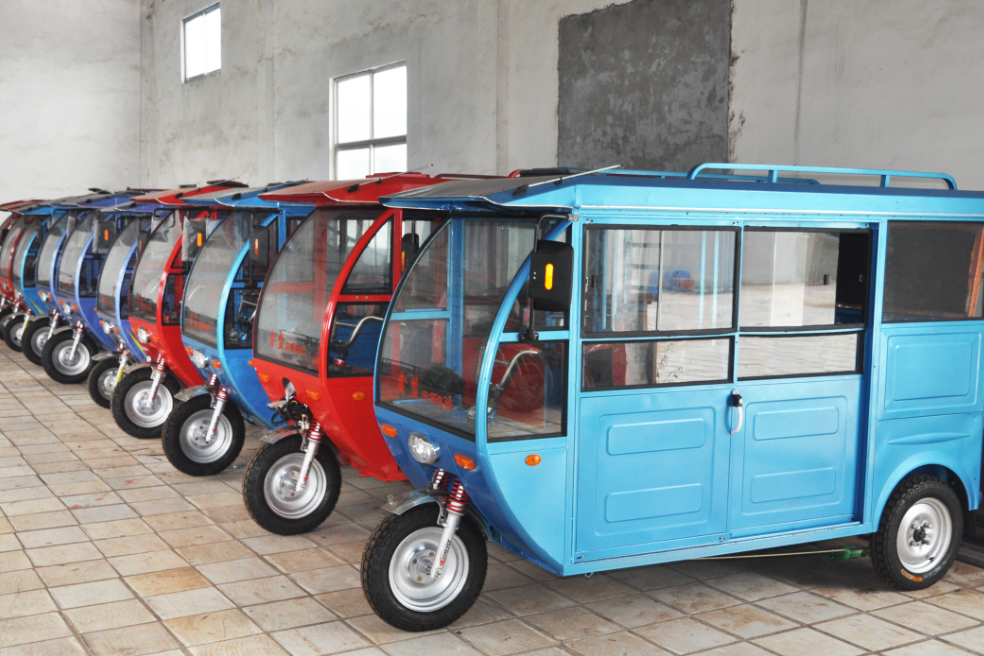
3. Electric Tricycles
Eco-friendly and cost-effective, electric trikes are popular for short-distance transport. They produce no emissions, are easy to operate, and are used in both cities and villages for goods delivery, waste collection, and mobile vending.
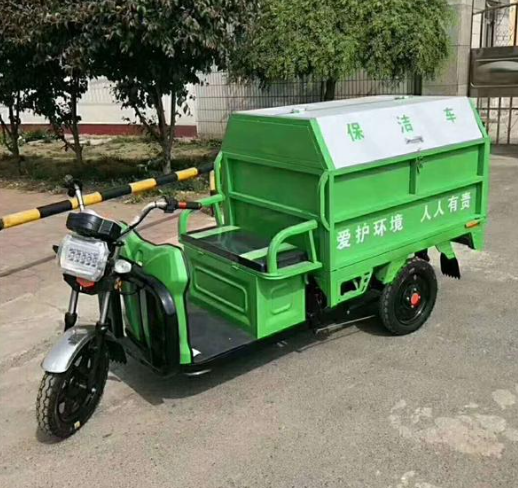
4. Special-purpose Tricycles:
Special-purpose tricycles can be used as cleaning tricycles, express tricycles, and inspection tricycles.
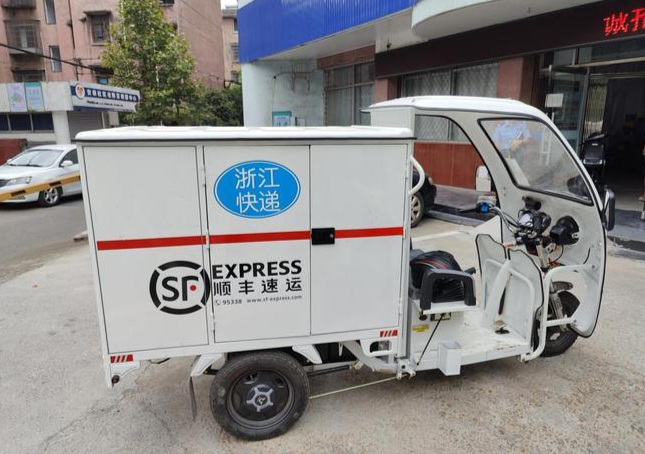
There are also specialized three-wheel vehicles designed for specific tasks—such as firefighting, street sweeping, or construction support—equipped with features tailored to those needs.
In summary, three-wheel vehicles are versatile, efficient, and suited to a variety of professional and daily tasks. From cargo and farming to electric urban transport, they offer practical solutions where four-wheel vehicles may be less efficient. As technology evolves, these vehicles will continue to adapt and serve growing transport needs worldwide.
